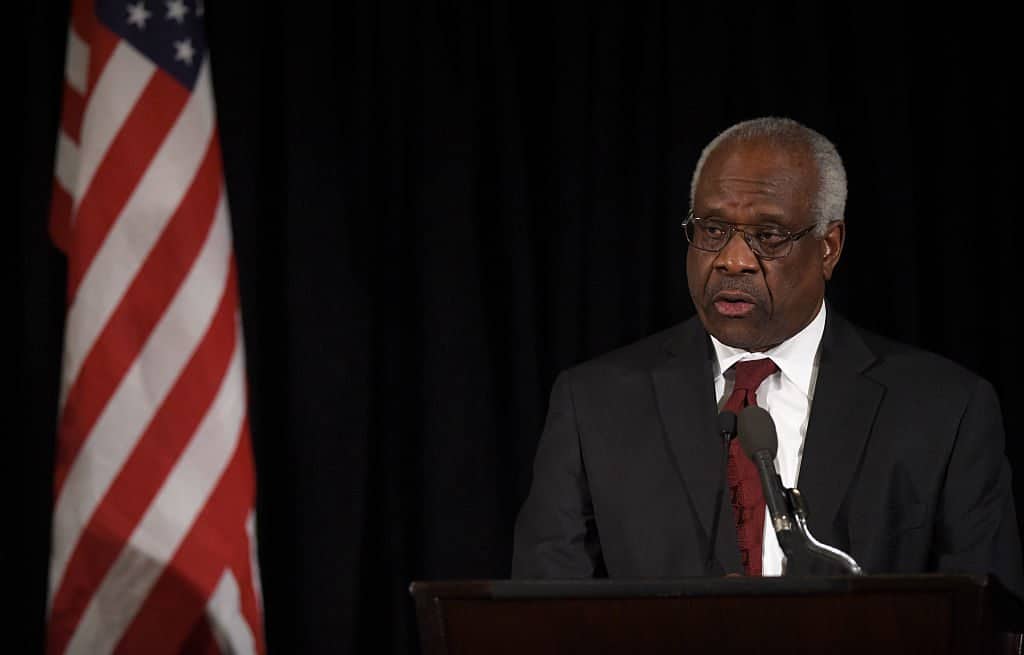
More than any other generation, millennials hunger for meaning. We are obsessed with the authentic, and we’re willing to pay the price: locally roasted, organically sourced coffee; distressed, handmade denim and thoughtful, connected conversations (or text threads) with friends who inspire us.
Because the pursuit of authenticity at first seems noble, we have no problem dishing out $6 for a seasonal latte or $150 for that pair of jeans. And for “authentic” experiences of depth and connection? Well, we’ll pay just about anything—sometimes, even compromising our spiritual health.
If you are on social media, it’s probably already old news—“authenticity” has gone viral, evolving from a virtue to embrace to a brand to become. With almost 16 million corresponding posts on Instagram, #LiveAuthentic has snaked its way into our lives by way of whitewashed walls, cleverly crafted captions and, of course, staged latte art.
What probably began as a genuine desire to connect with others through showcasing life’s simple moments—sharing our “mess” with the world—has potential to become something unhealthy and even spiritually dangerous. The type of manufactured “authenticity” we pursue so heartily, both online and off, comes with a cost, leaving very little room for the actual depth and connection we crave.
Here’s why.
Authenticity reduces a virtue to a brand.
It’s biblical: God created each one of us uniquely and for a purpose. So real authenticity—being honest with those around us, living true to how He made us and thoughtfully pursuing depth in our lives—is absolutely a virtue to embrace. Here’s the funny thing, though: If you scroll through the 16 million Instagram images tagged with #LiveAuthentic, you’ll notice striking aesthetic similarities.
We’ve taken the virtue of authenticity and made it into a brand represented by moody filters paired with ultra-curated kitchen-scapes. And that’s kind of a problem. When we jump on the bandwagon of someone else’s version of authenticity, we miss out on the unique gifts, dreams and ideas God put inside us, and ultimately, on the depth and connection we set out looking for in the first place.
Authenticity fixates us on our messes.
The brand of authenticity we participate in online glorifies messiness. We use long-winded captions as an opportunity to share the gamut of our emotions with the hope of connecting with and maybe even helping others, but is it possible we’ve lost sight of our identity as believers along the way? While it’s not necessarily sinful to share our “messiness” with the world, it’s important to remember that the Christian life isn’t about staying stagnant in our sins and struggles. It’s about transformation and growth.
Another biblical truth: Indeed, all have sinned and fallen short of the glory of God. But the Gospel doesn’t stop there. Jesus invites us to an abundant life of authentically following Him, and that means becoming more like Him—not glorifying the messes in our lives.
Authenticity gets us honest, but not repentant.
Similarly, this culture of authenticity embraces and encourages honesty. Nothing wrong with that, right? Until it interferes with the state of our hearts and keeps us from living humbly in repentance. Writer Kaitlyn Schiess recently shared some helpful insight on her Twitter: If we overvalue “authenticity,” we glorify confession and miss out on the fruit of repentance. There’s a difference between simply sharing our sin and repenting of it. True repentance is the fruit of real authenticity—it’s grieving over anything that keeps us from the Lord, asking God and others for forgiveness, and being committed to changing with God’s help.
Authenticity tempts us to self-promote.
If we’re approaching authenticity like it’s a brand, we have little choice but to play along with the game: styling our images, sharing our messes and ultimately keeping up with whatever trend dominates our social feeds at the time. This is a prime example of a healthy desire—wanting to connect with others around something valuable and meaningful—becoming contrived and distracting us from what God made us for.
A few years ago, when Facebook really took off, a friend of mine frustratedly said, “I’m deleting my Facebook account. The Bible tells us He must increase and I must decrease.” I kept my Facebook account, but I couldn’t really argue with her. The tension we feel about social media reveals the truth about our hearts: We know it isn’t about us, and it was never meant to be.
While there’s nothing inherently wrong with pursuing genuineness and meaning or sharing our lives online (or offline, for that matter), the “authentic” lives we run after can keep us from an abundant life with Jesus. Because in the end, He’s not asking us to #LiveAuthentic. He’s asking us to live lives marked by hope, humility, repentance and most of all, love.





















